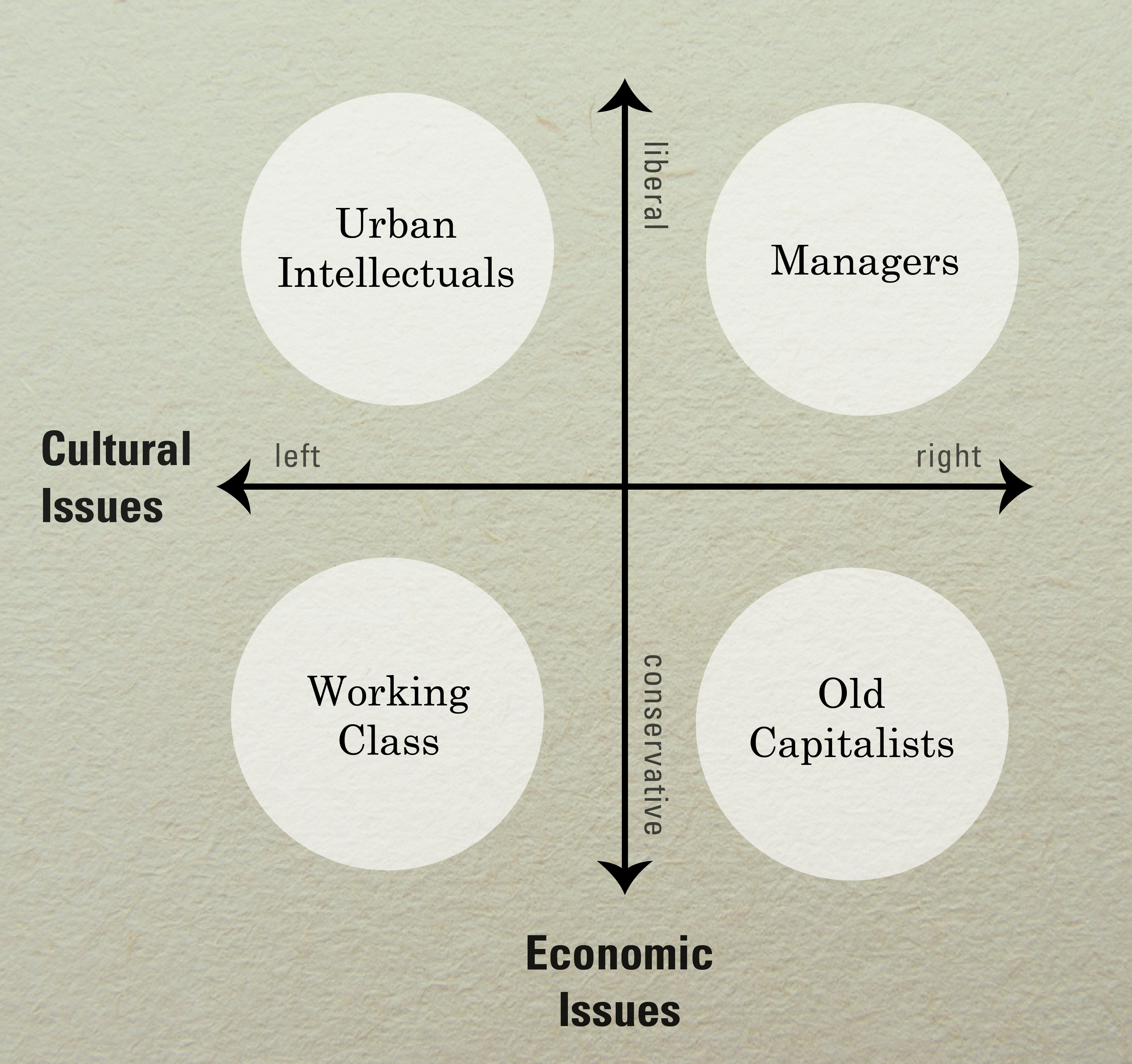Conservative Critics of the New Deal Regularly Argued That
Listen again to Trump against this backdrop of opposition to the New Deal order. Individual freedom was restricted by the enlarged.

New Deal Critics Bill Of Rights Institute
Oliver twist by Joseph L.

. They examine the pivotal issues of the dispute laying out the progressive-conservative arguments between. New Deal policies had gone too far toward socialism. Burke was highly critical of their demand that.
Conservatives are stuck in their default position preferring fictional history to actual history refusing to acknowledge what clearly has worked to stimulate the economy and what clearly hasnt. This apocalyptic tone survived into the period dominated by Milton Friedman who is. The New Deal was President Franklin D Roosevelts economic plan that was meant to help the United States recover from the Great Depression during the 1930s.
Conservative critics of the New Deal believed all of the following except A. However the Second Deal 193451938 provoked much more fervent criticism. Main criticisms of the New Deal by conservatives included.
But partisan identity like much of American politics was upended by the. Members of the Civilian Conservation Corps who thought the government should play a greater role in assisting businesses and stimulating the economy. This New Deal program resulted in the creation of several different federal agencies that created jobs for Americans regulated the stock market and regulated the activities of businesses.
The Old Right emerged clearly in opposition to it. That the New Deal stifled individual initiative. The New Deal was implemented between 1933 and 1936 to help the United States out of the Great Depression.
1 Critics of the New Deal included all of the following EXCEPT. This is a crossroads in the history of our civilization that will determine whether or not we the people reclaim control over our government. Providing an often-overlooked historical perspective Gordon Lloyd and David Davenport show how the New Deal of the 1930s established the framework for todays US domestic policy and the ongoing debate between progressives and conservatives.
All of the following were major critics of the New Deal EXCEPT. That the New Deal made the federal government too large and powerful. First of course virtually every major New Deal reform--labor laws the NRA and AAA Social Security--was subjected to a court challenge and so the line between political economic and constitutional history is very much blurred during this period.
The free enterprise system was threatened by so much government takeover of business. Edmund Burke famously dismissed the Enlightenment philosophes for their dedication to abstract forms of reasoning. A massive redistribution of wealth would be upheld by the US.
They considered that a stronger federal government would jeopardize American freedom through the increase of government intervention in the economy. Although many First New Deal 193319345 policies were controversial and triggered criticism among representatives of business politics labor and experts they demonstrated that the new administration took immediate action which most agreed was necessary. Conservatives were very critical of the New Deal which they thougt was a betrayal of American values of liberty.
While many people supported Roosevelt especially in the first few years of his presidency the New Deal did receive significant criticism both from conservatives who felt that it was a radical agenda to ruin the countrys model of free enterprise and from liberals who felt that it did not provide enough help to those who needed it most. Why did support for the Great Society decline in the late 1960s. Simons wrote in 1938 that the main direction of New Deal policies is toward authoritarian collectivism.
The federal government was not doing enough to deal with the Great Depression. All of the following were major critics of the New Deal EXCEPT. Conservative critics of the New Deal regularly argued that all of the above Who was not a member of Franklin Delano Roosevelts brains trust at the outset of his presidency.
Second judicial reform was an important theme of progressives during the 1910s and 1920s. Examining why can tell us a great deal about what distinguishes unreflective postmodern conservatism from its earlier iterations. Too much federal spending and too much federal debt.
Roosevelt used previously. Before the beginning of the New Deal the federal government had. The New Deal Sucked.
The New Deal aroused criticism from the right for being excessively socialist and from the left for not being liberal enough. At no point did more than a third of Americans like the idea. President Roosevelts critics from the left believed.
This is not simply another four-year election said Donald Trump in a speech on October 13 2016. There was now too much government control over private business. That the New Deal stifled free enterprise.
The Conservative Critique of Instrumental Rationality. While the First New Deal focused largely on stemming the immediate suffering of the American people the Second New Deal put in place legislation that changed Americas social safety net for good. CHALLENGES FROM CRITICS ON ALL SIDES.
Parrish is in the Public Domain. New Deal Critics from the Right. That the New Deal did too little to fight racial discrimination and segregation.
Roosevelt was unconstitutionally expanding the powers of the presidency. Senior Writer Campaign for Americas Future. One of the reasons support for the Great Society declined in the.
Challenges from Critics on All Sides Figure 9-1. Because the New Deal is now considered to be very effective a not-so-common view of the.

Know Your Zodiac Zodiac Astrology Signs Astrology Zodiac

Franklin D Roosevelt The Second New Deal Britannica

The Rebirth Of The Left Conservative Tradition Tablet Magazine

A Zombie Party The Deepening Crisis Of Conservatism Politics The Guardian
Comments
Post a Comment